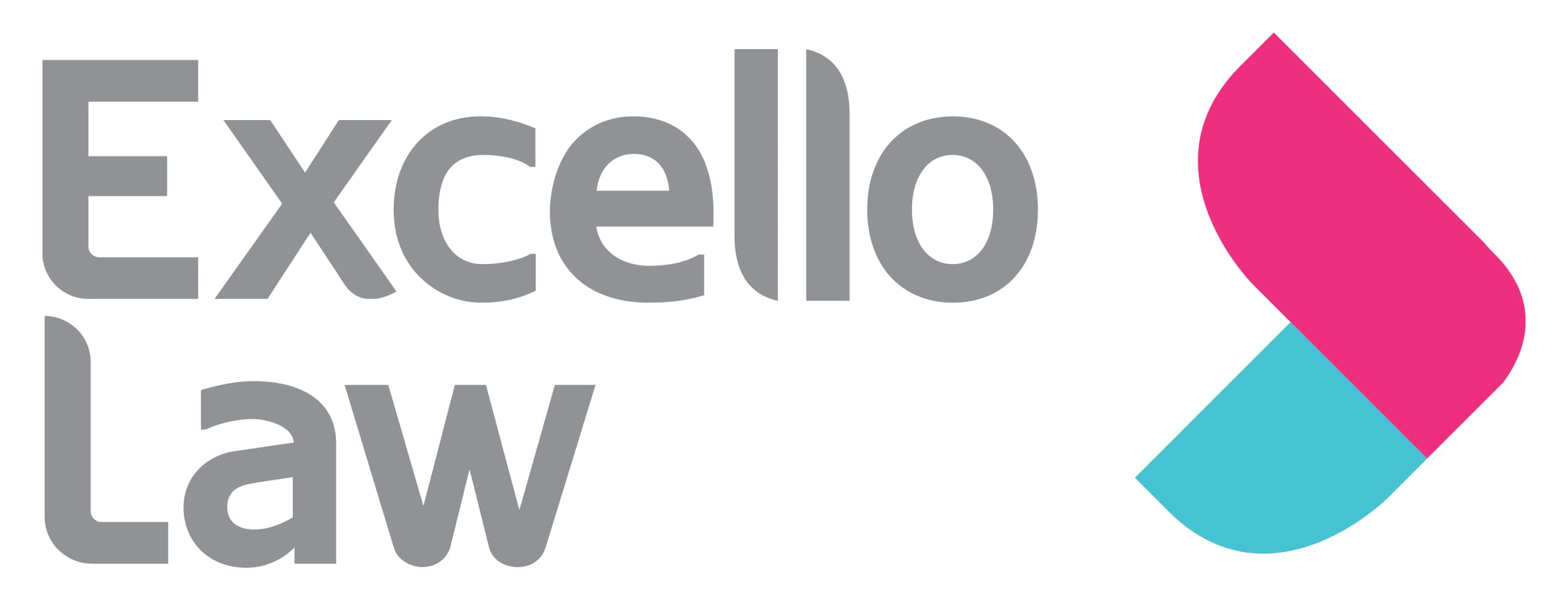Here are 5 significant employment law decisions expected in 2017, dealing with employment status, holiday pay and more.
- Employment Status
Aslam and others v Uber BV and others (Employment Appeals Tribunal)
This was one of the most talked about tribunal case in 2016.
The employment tribunal decided that Uber drivers are workers rather than self-employed. This means that they entitled to all protections offered to an employee such as recieving the national minimum wage and paid annual leave.
The issue is now expected to go to the Employment Appeal Tribunal (EAT).
There are similar claims pending against the likes of Excel, City Sprint, Addison Lee, eCourier and Hermes.
- Whistleblowing
Chesterton Global (t/a Chestertons) v Nurmohamed (Court of Appeal)
Since June 2013, whistleblowing laws have provided that a disclosure is not protected unless the employee reasonably believes that the disclosure is being made “in the public interest”.
In Chesterton, the EAT held that matters affecting the operation of the commission scheme which has more than 100 managers at a large firm of estate agents could be “in the public interest”.
The COA is expected to decide whether or not the EAT’s interpretation in Chesterton of what that phrase means is correct.
The case is listed to be heard in June 2017.
- Holiday Pay
British Gas Trading Ltd v Lock and another (Supreme Court)
In October 2016, the COA confirmed that the Working Time Regulations can be interpreted to require the inclusion of commission in holiday pay.
British Gas is expected to appeal to the Supreme Court, given that it has 1,000 similar claims from its workers waiting.
It is possible that the case will be fast-tracked, given the serious financial implications for employers across the UK.
- Religious discrimination
Bougnaoui and another v Micropole Univers; Achbita and another v G4S Secure Solutions NV (European Court of Justice)
The Advocate General in
Achbita suggested that an employer can ban a Muslim woman from wearing religious dress, including Muslim headscarves (hijabs) on the basis of maintaining neutrality. However, another Advocate General in
Bougnaoui thought that an employer cannot ban religious dress purely because neutrality is required or a client or customer objects.
The two ECJ judgments, expected to be delivered in 2017, will decide which Advocate General is right.
- Indirect discrimination
Essop and others v Home Office (UK Border Agency); Naeem v Secretary of State for Justice (Supreme Court)
These two race discrimination claims were heard together in the Supreme Court in November 2016.
In
Essop, the Court of Appeal held that it is necessary in indirect discrimination claims for the claimant to show why the provision, criterion or practice has disadvantaged the group and the individual claimant.
In
Naeem, the Court of Appeal held that the existence of a non-discriminatory reason for Muslim prison chaplains being paid less than their Christian counterparts defeated an indirect discrimination claim.
The Supreme Court decisions in both cases are eagerly awaited.
 Partners Employment Lawyers is not a firm of solicitors. Members of Partners Employment Lawyers are consultants at Excello Law Limited and legal services are provided by Excello Law Limited which is authorised and regulated by the Solicitors Regulation Authority under SRA number 652733.
Partners Employment Lawyers is not a firm of solicitors. Members of Partners Employment Lawyers are consultants at Excello Law Limited and legal services are provided by Excello Law Limited which is authorised and regulated by the Solicitors Regulation Authority under SRA number 652733.